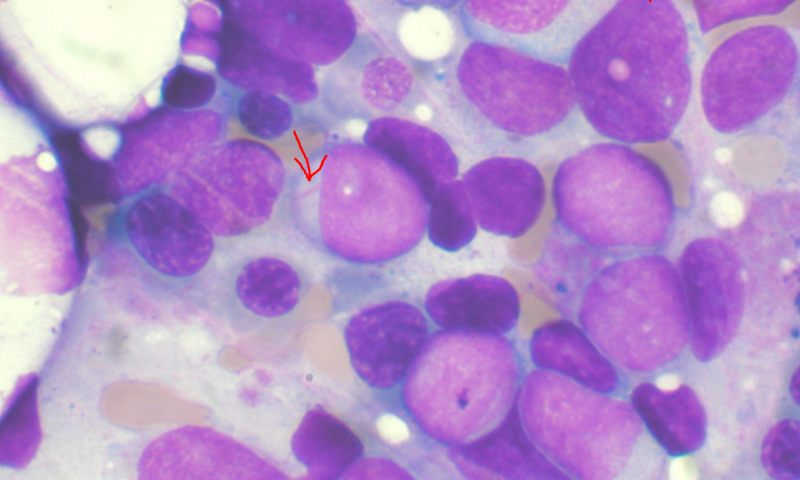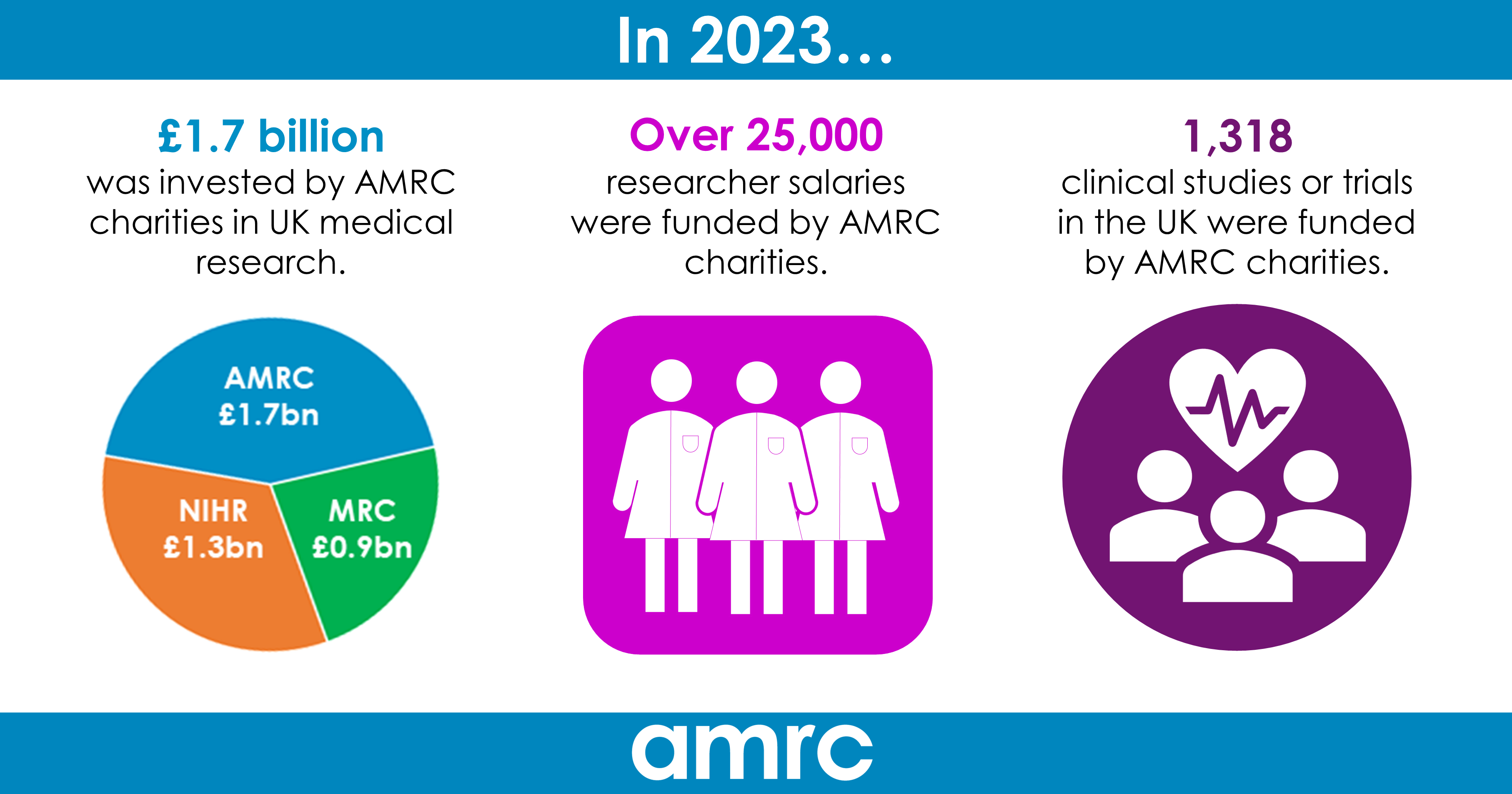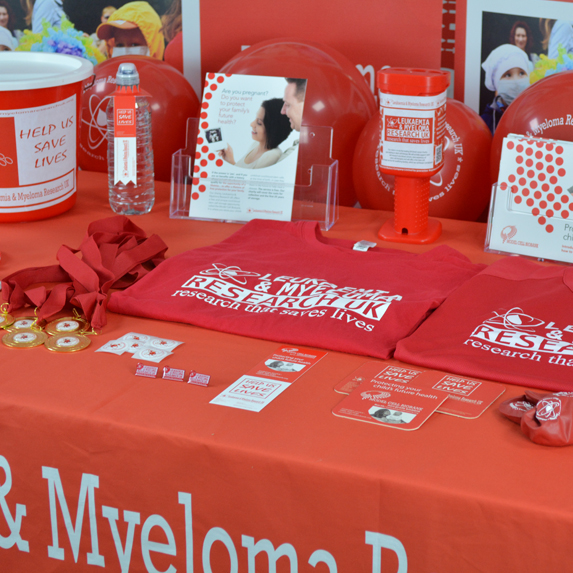
One of the most common acute leukaemia’s in adults with around 2,400 people in the UK diagnosed with the disease each year, the survival rates for those diagnosed with acute myeloid leukaemia are very poor and new treatments are needed.
Researchers at the Universities of Birmingham and Newcastle worked in collaboration to study the DNA of two types of acute myeloid leukaemia in an effort to explain how clinical prognosis can differ.
The study, published today in Cell Reports, highlights the difficulties faced in understanding the heterogeneity of the disease.
Since the early 1990s, acute myeloid leukaemia incidence rates have increased by more than a quarter (28 per cent) in the UK. One in 200 men and one in 255 women will be diagnosed with acute myeloid leukaemia during their lifetime.
To read the full article click here.







